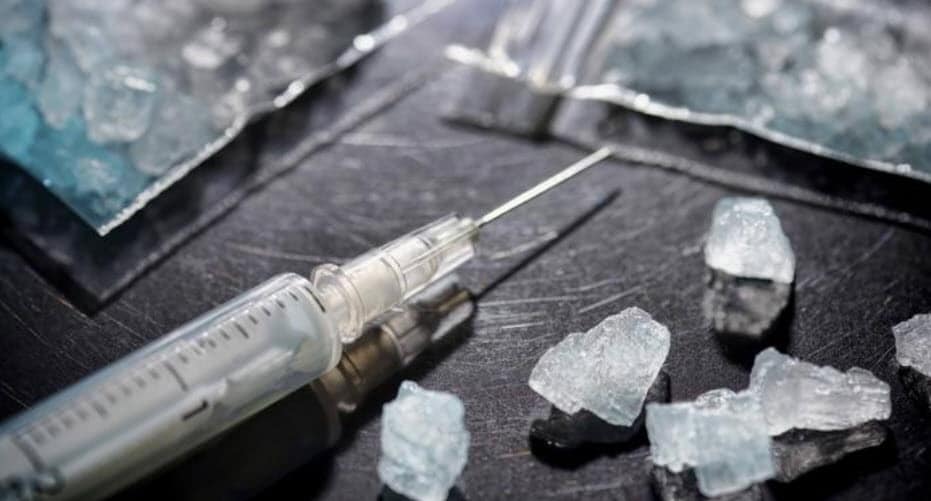
While the opioid epidemic continues to dominate the national headlines, methamphetamine addiction has emerged as a major crisis in Texas.
A big problem
Methamphetamine, known as “meth”, killed 715 Texans in 2016 compared to 539 heroin deaths. During the same period, U.S-Mexican border agents seized seven times more meth than heroin. Over 8,200 meth users were admitted to Texas health department-funded treatment programs, nearly 20% of all admissions.
Dangerous connection with Mexico
According to the DEA, methamphetamine is a major threat to Texas. Though pseudoephedrine (a key to meth production) plummeted after purchase restriction laws were implemented, production of meth simply shifted to south of the border. As Mexico filled the increasing demand, a new production technique, called the “nitrostyrene method”, also created more potent meth. It’s now the predominant form of the drug entering Texas. It is also one of the cheapest, selling for $5 a hit.
A deadly mix
Even more troubling is the uptick in fatalities from the mixing of crystal meth with heroin. In 2016, 17% of the deaths in Texas attributed to meth also involved heroin. So, as the opioid crisis grows, this mixing and the concurrent increase in meth usage have created an even greater health crisis for the state.
Link to STD increases
The Texas meth epidemic is also being linked with an increases in sexually transmitted diseases, including HIV, according to a recent report from the University of Texas at Austin. A CDC survey in Dallas sited in the report indicated that the proportion of homosexual men who reported non-injection use of meth went from 9% in 2008 to 45% in 2014. Recent HIV trends show that use of crystal meth has more than doubled HIV risk factors.
The Council’s response
In facing the methamphetamine epidemic, The Council on Recovery has redoubled its efforts to address the problem with robust prevention and education programs. The Council’s Center for Recovering Families has also become a vital outpatient destination for individuals affected by crystal meth addiction. We provide substance use assessments, counseling, and Healing Choices, our intensive outpatient treatment program. We also work with family members and loved ones impacted by substance use disorders. For more information, call the Center for Recovering Families at 713-914-0556 or contact us here.
